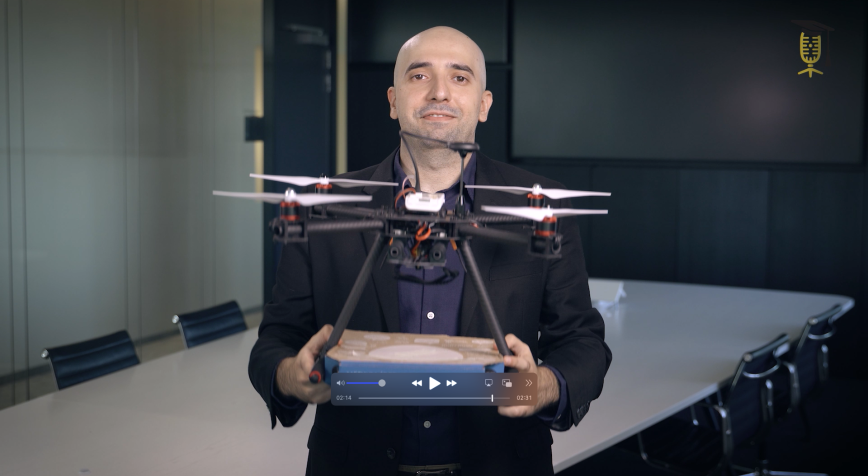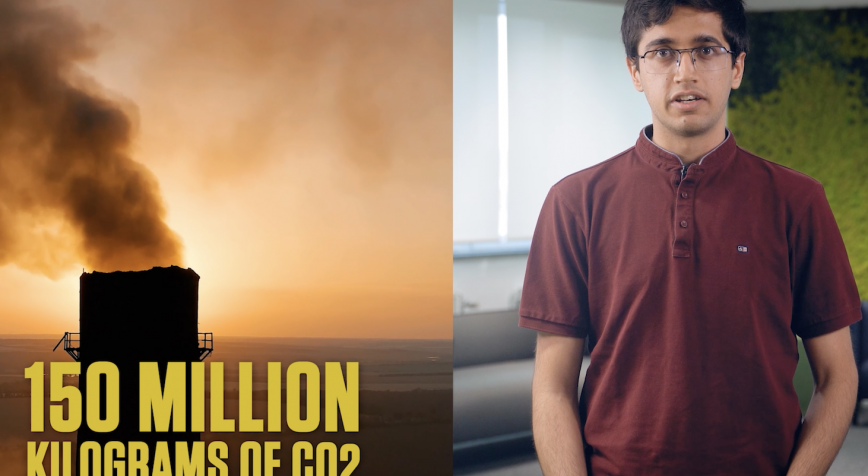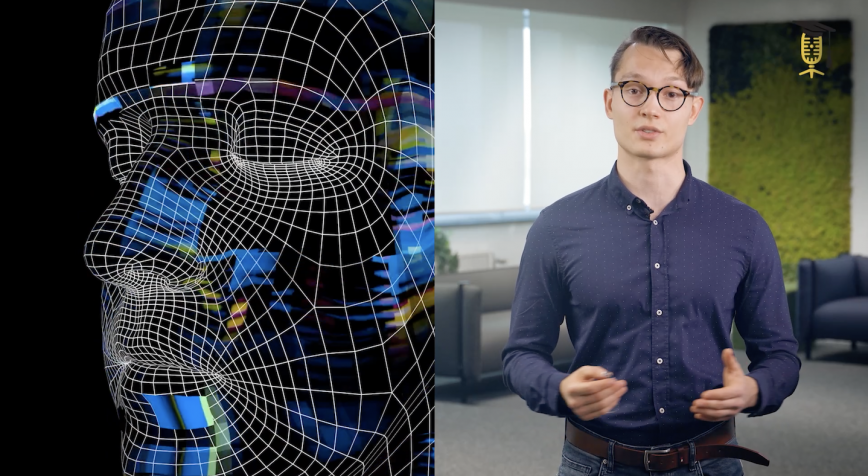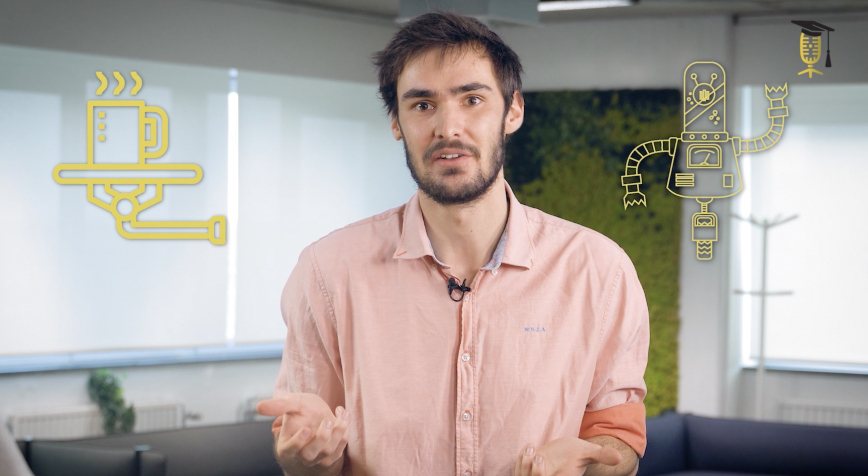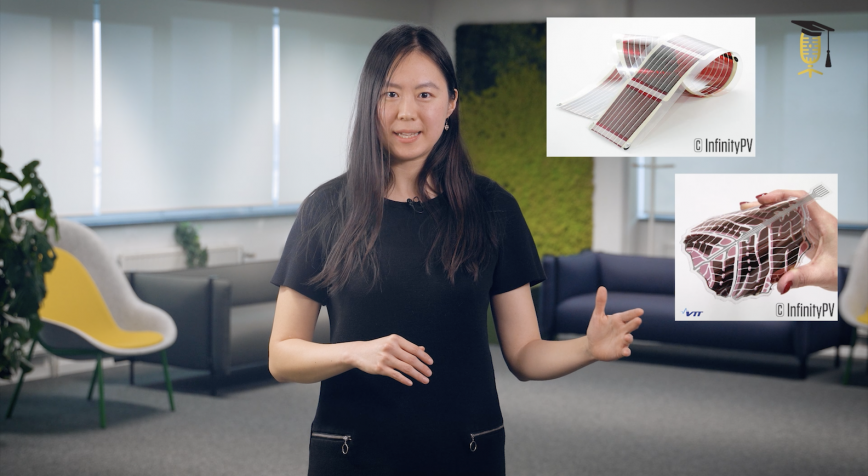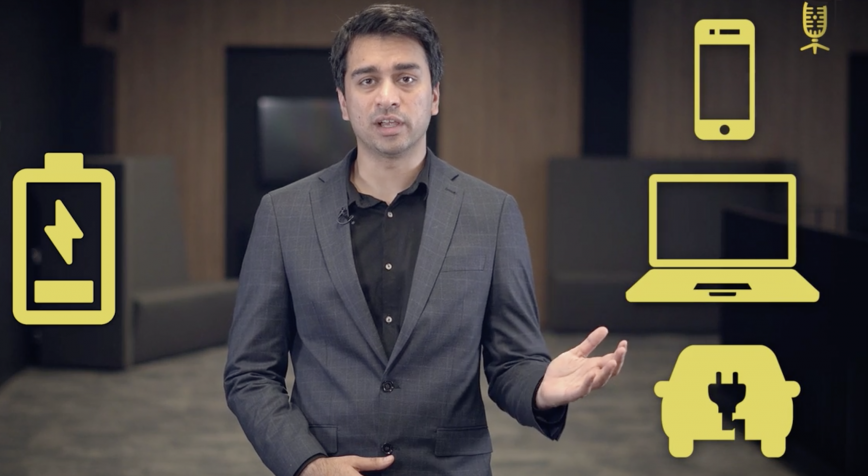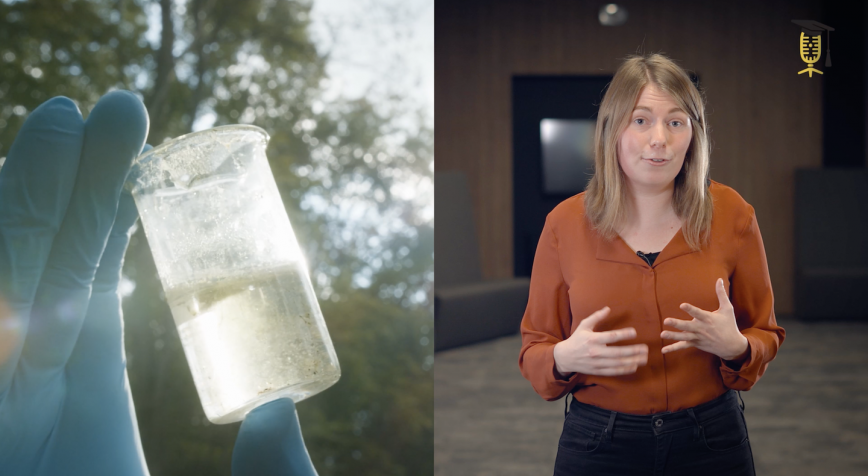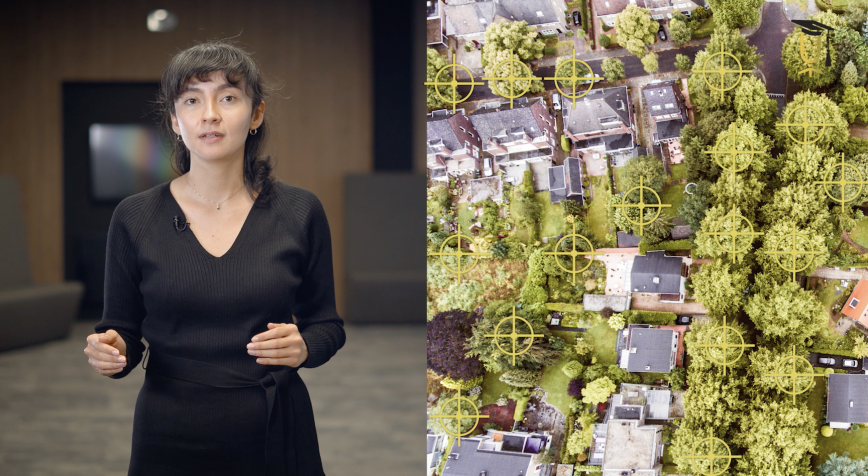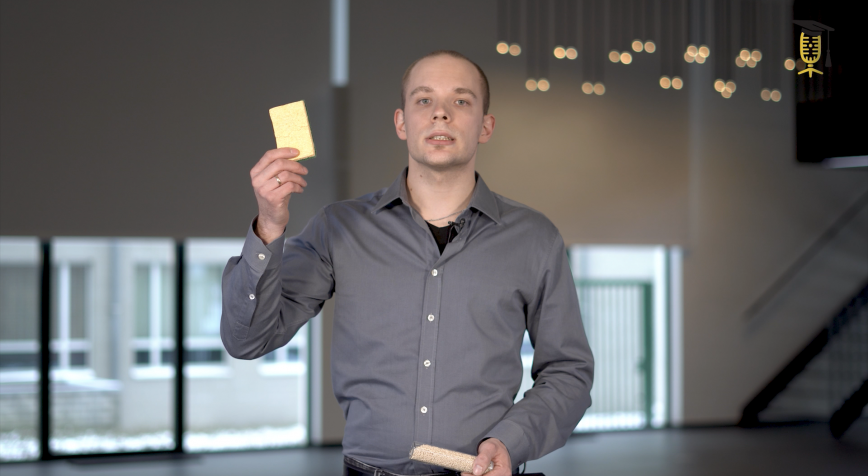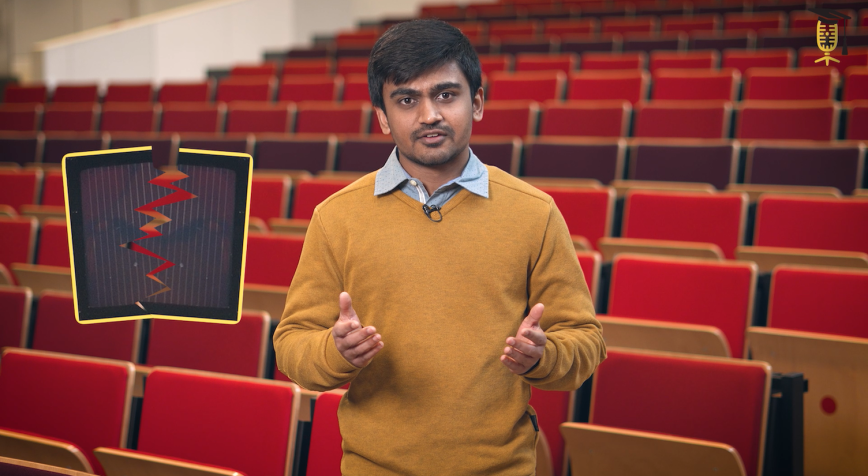
imec
UHasselt
How to scale up perovskite solar cells?
Sujith Reddy is working on perovskites, a promising new solar cell technology that captures more sunlight and costs less than conventional solar cells. Sounds great, right! But there's a catch: these perovskite solar cells ironically tend to break down when exposed to ... light. Sujith wants to uncover the mechanisms behind this degradation in order to improve perovskites and to use them on a larger scale.
